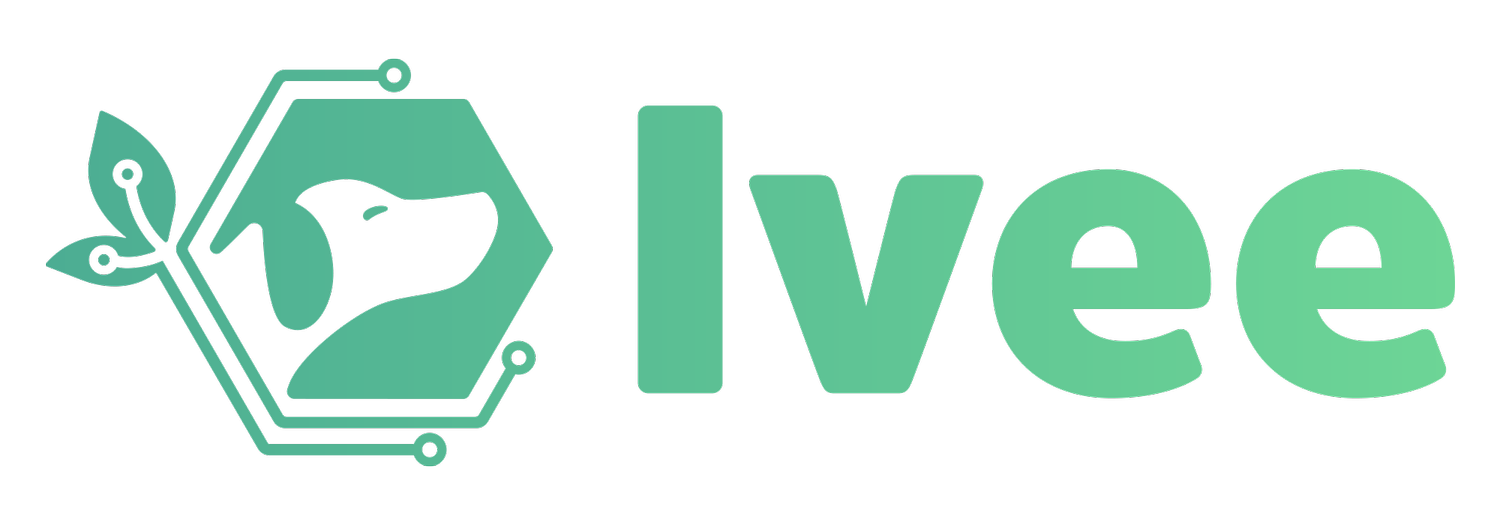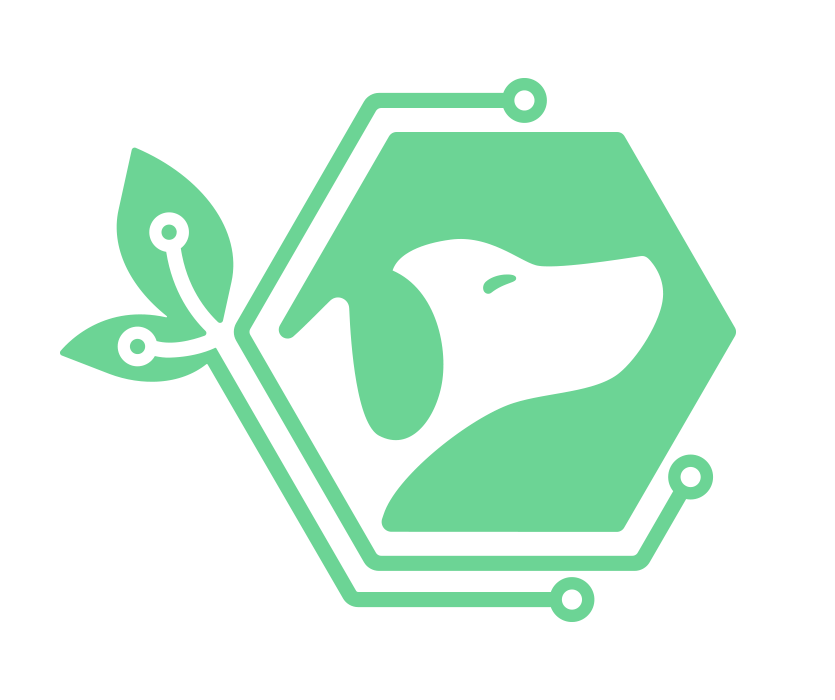Data Analytics For Animal Health
Competition in veterinary care is incredibly high. As a veterinarian, you are dedicated to providing the best possible care for your patients. However, providing high-quality competitive care can be challenging without access to the right information. That's where animal health data analytics comes in.
Animal health data analytics is the process of collecting and analyzing data related to animal health to gain insights into trends and patterns. By leveraging the latest data analytics technologies, veterinarians can make more informed decisions about patient care and improve outcomes. Ivee software is currently offering monthly insights into your clinic, but in the meantime check out our “live” patient dashboard.
Here are some of the ways that animal health data analytics can benefit veterinary practices:
Improved Patient Care: Data analytics can help veterinarians identify trends in patient health outcomes, such as which treatments are most effective for specific conditions. This enables veterinarians to provide more targeted and effective care.
Increased Efficiency: Data analytics can help veterinary clinics identify areas where they can improve their efficiency, such as by reducing wait times or improving appointment scheduling. This can help clinics see more patients and improve their profitability.
Better Financial Management: Data analytics can provide insights into the financial performance of a veterinary clinic, such as revenue per patient and expense ratios. This can help clinics identify areas where they can improve their financial performance and reduce costs.
More Effective Marketing: Data analytics can help veterinary clinics develop more effective marketing strategies by identifying trends in patient demographics, referral sources, and other factors. This can help clinics attract more patients and grow their business.
Implementing an animal health data analytics program in your veterinary practice can be a complex undertaking. However, there are many resources available to help you get started, including data analytics software and consulting services. You can read more about the data-driven revolution in animal health care here.
To get started with animal health data analytics, consider the following steps:
Identify your goals: Define the goals of your data analytics program, such as improving patient outcomes, increasing efficiency, or reducing costs.
Collect data: Collect data from a variety of sources, such as electronic health records, appointment scheduling systems, and financial records.
Analyze the data: Use data analytics tools to analyze the data and identify trends and patterns.
Take action: Use the insights gained from the data analysis to make informed decisions about patient care, clinic operations, and financial management.
By leveraging the power of data analytics, veterinary clinics can provide better care for their patients, improve their operations, and grow their businesses. If you're interested in learning more about animal health data analytics, reach out to our success team to gain additional information. You can contact us at SOLUTIONS@SNOWCAPINC.COM, or try for FREE today.

